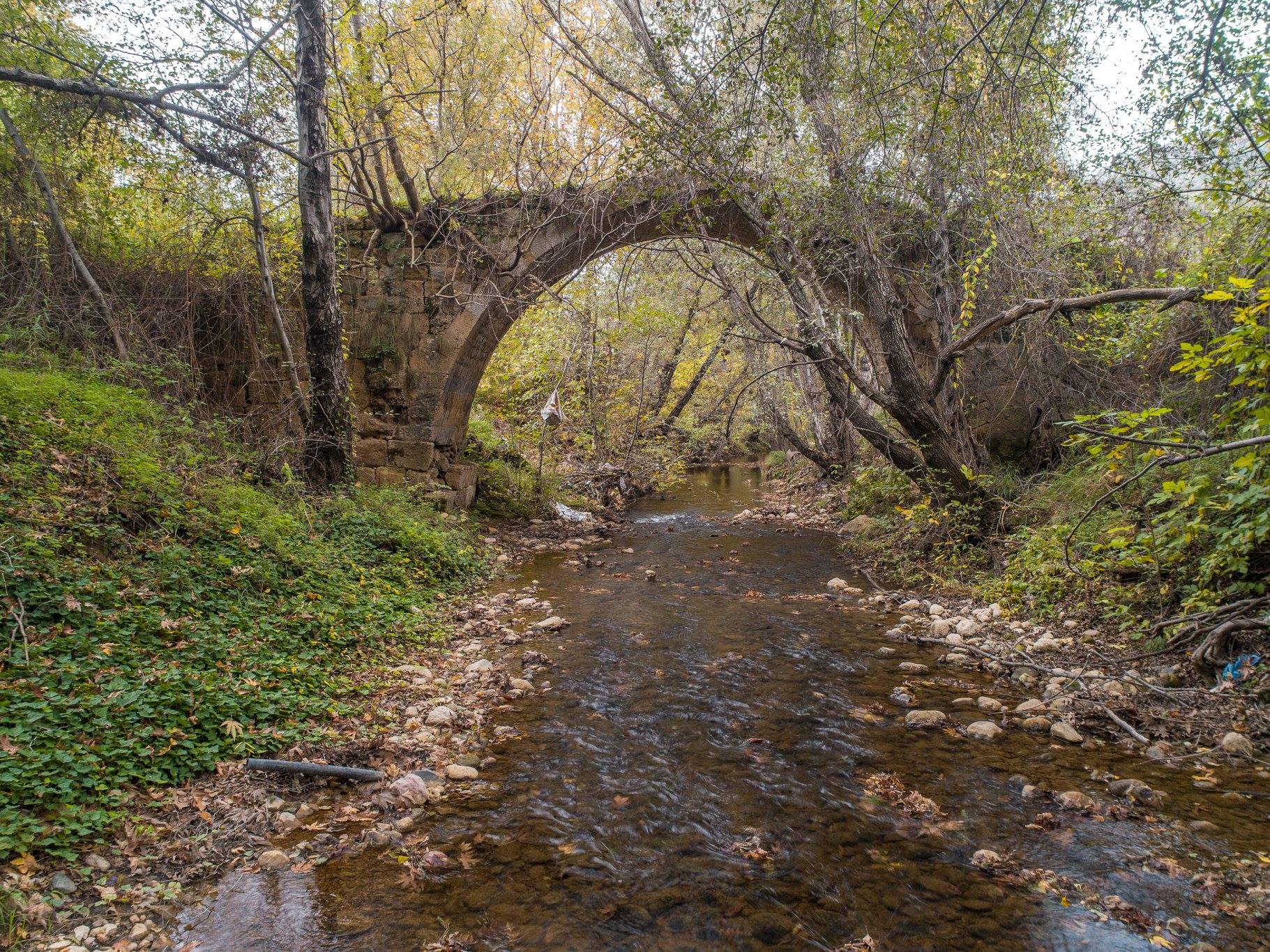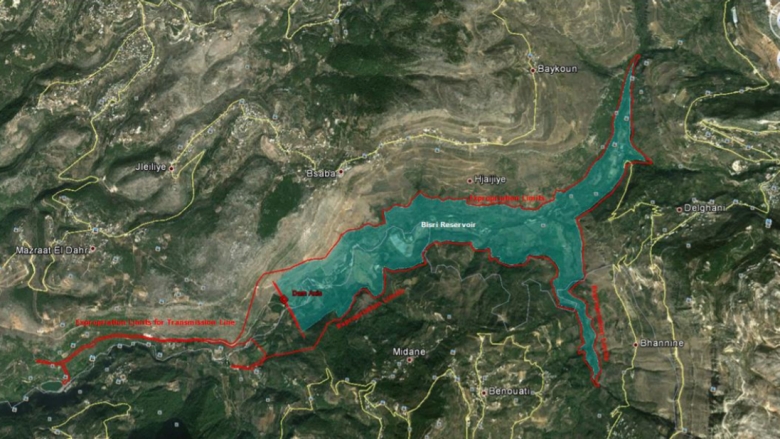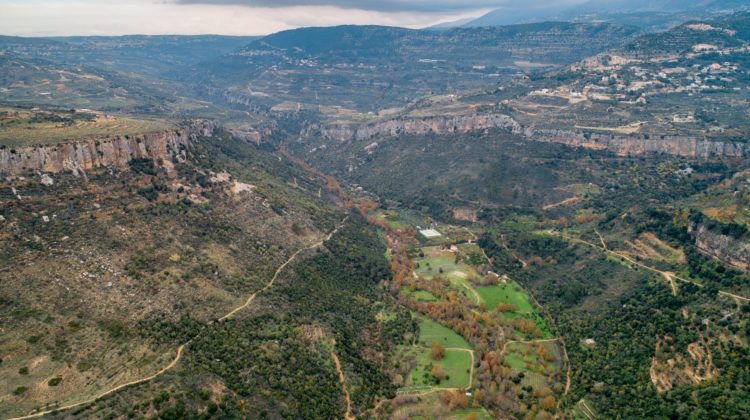I’ve been reluctant to post about the Bisri Dam and the ongoing petition against it simply because there’s too much information to absorb and I didn’t want to rush into opposing a project that might not be as bad as it was portrayed. However, after reading most of the articles and studies done on the matter, it is clear that more studies need to be done before proceeding with it, and that the petition raised by locals has to be assessed properly instead of being ignored and dismissed.
What’s puzzling me though is the insistence of the World Bank on proceeding with this project and featuring it in tens of documents and videos on their website, including a testimonial by a renowned international expert in dams’ safety, professor in earthquakes engineering and member of the International Commission on Large Dams (ICOLD) Committee. Obviously they’re benefiting from it by offering us a 600 million dollar loan but what’s in it for them other than that? Why do they care so much about promoting it and refuting the theories against it? Unless that’s the World Bank’s responsibility that I wasn’t aware of.

Moving back to the project itself, the local petition raised by environmental & local groups focuses on six key points and even offers alternatives:
1- Threats to Natural Habitats:
The Bisri Valley is considered one of the most important Landscapes in Lebanon, according to the National Physical Master Plan of the Lebanese Territory (2005). The valley encompasses a variety of natural habitats including a distinctive pine forest. With its widespread shallow water, the valley is an important habitat for migratory birds, especially the Black Stork, the Sparrow White, the Crane, the White Swan, the White Pelican (all protected by the AEWA Agreement signed by Lebanon) and the Dalmatian Pelican (Near Threatened species according to IUCN).
The World Bank’s answer is that there won’t be any loss in biodiversity and that this is all taken into consideration in the plan. However and given previous projects, project plans are one thing and implementation is another, especially in a corrupt country with incompetent developers like in Lebanon.
2- Threats to Cultural Heritage:
This valley is abundant with historical sites (83 sites upstream and 29 downstream) that date back to the Bronze Age, the Persian, Hellenistic, Roman, Byzantine, Mameluke and Ottoman Periods. Studies conducted by local and international survey teams (University of Warsaw, Lebanese University, and others) confirmed the exceptional historic value of the valley. The historical remains include: a Roman temple, bridges, tombs, a historical church, a convent, traditional houses and others.
I couldn’t find answers to this threat from those supporting the project. The question is: Should we sacrifice all these sites for this dam or not? We might be able to reforest other areas but culture will be irredeemably lost. Added to that, the valley is a rather peaceful and beautiful area surrounded by small villages. Who’s going to compensate for the years of noise, pollution and constructions once the dam construction begins?

3. Threats to Agriculture and local economy:
Agricultural activities are prevalent throughout the area of the Bisri Reservoir, upstream and downstream, and on the adjacent hillsides. They include fruit orchards and open fields variously tilled, cropped, lying fallow or under poly-tunnels. Around 57% of the impacted area holds a productive agricultural activity, with an estimated 125 million USD of annual revenue.There is a perfect harmony between the local community and its natural environment.
Once again. Who’s compensating for all these losses? If the locals don’t want this project and there are objections and concerns being raised by several groups, the right thing would be to revise the whole plan. Look at what Amazon had to do in New York; they cancelled plans “to build an expansive corporate campus in New York City after facing an unexpectedly fierce backlash from lawmakers, progressive activists and union leaders, who contended that a tech giant did not deserve nearly $3 billion in government incentives”.
I’m aware it’s not the same issue but given past experiences in Lebanon and the failure of several projects including dams, forcing the plan is the wrong approach.
4. Threats to Safety
The Bisri dam and corresponding lake will directly overly a major active fault, the Bisri Fault, which can pose a serious problem from the seismic point of view.
According to experts, the dam’s water infiltration into the subsurface is inevitable and will naturally induce a seismic activity. Geologists say that the Roum Fault – Bisri Fault intersection is probably the source of the destructive 1956’s earthquake, and that any future change of the delicate stress regimes around these faults can lead to a swarm of seismic activity that cannot be predicted neither in extent nor in magnitude. The weight of the water column of the future lake can have similar effects as well.
There are mixed opinions on that matter and I don’t know who to believe here.
5. Better Alternatives Exist…
The National Council for Scientific Research (CNRS) recommended the consideration of alternative solutions for the transport of fresh water to Beirut, given the fact that the Mount-Lebanon area is dominated with karstic rock formations that are subject to unavoidable water infiltration. Similarly, The Strategic Environmental Assessment of the National Water Sector Strategy recommended the scaling-back of the dams’ program considering its social, economic, and environmental constraints. It recommended the adoption of alternative solutions.
Some of the many alternatives presented were reforming the existing groundwater sector, fixing the current networks’ physical failures, investing in submarine springs, investing in nature-based solutions for water and other. Added to that, the reason there’s water shortage in many areas is due to corruption and mismanagement, and more specifically illegally dug wells.
This being said, why should Bisri and its surrounding suffer the consequences of failed policies? And why should they pay this hefty price to solve Beirut’s water shortage issue? What are they getting in return for this dam? Except the destruction of a beautiful valley, cultural sites, fertile agricultural lands and a polluted environment?
The Bisri dam to water shortage is what incinerators are to the garbage crisis as far as I’m concerned. Even if it will solve partially the water shortage problems in Beirut, not addressing the illegal wells, the mismanagement and pollution of water resources, and the ongoing corruption in government-funded projects will eventually lead to further problems.











reluctanceDictionary result for reluctance
/rɪˈlʌkt(ə)ns/Submit
noun
1.
unwillingness or disinclination to do something.
“she sensed his reluctance to continue”
synonyms: unwillingness, disinclination, lack of enthusiasm; More
Insistence 🙂 Fixed thanks.